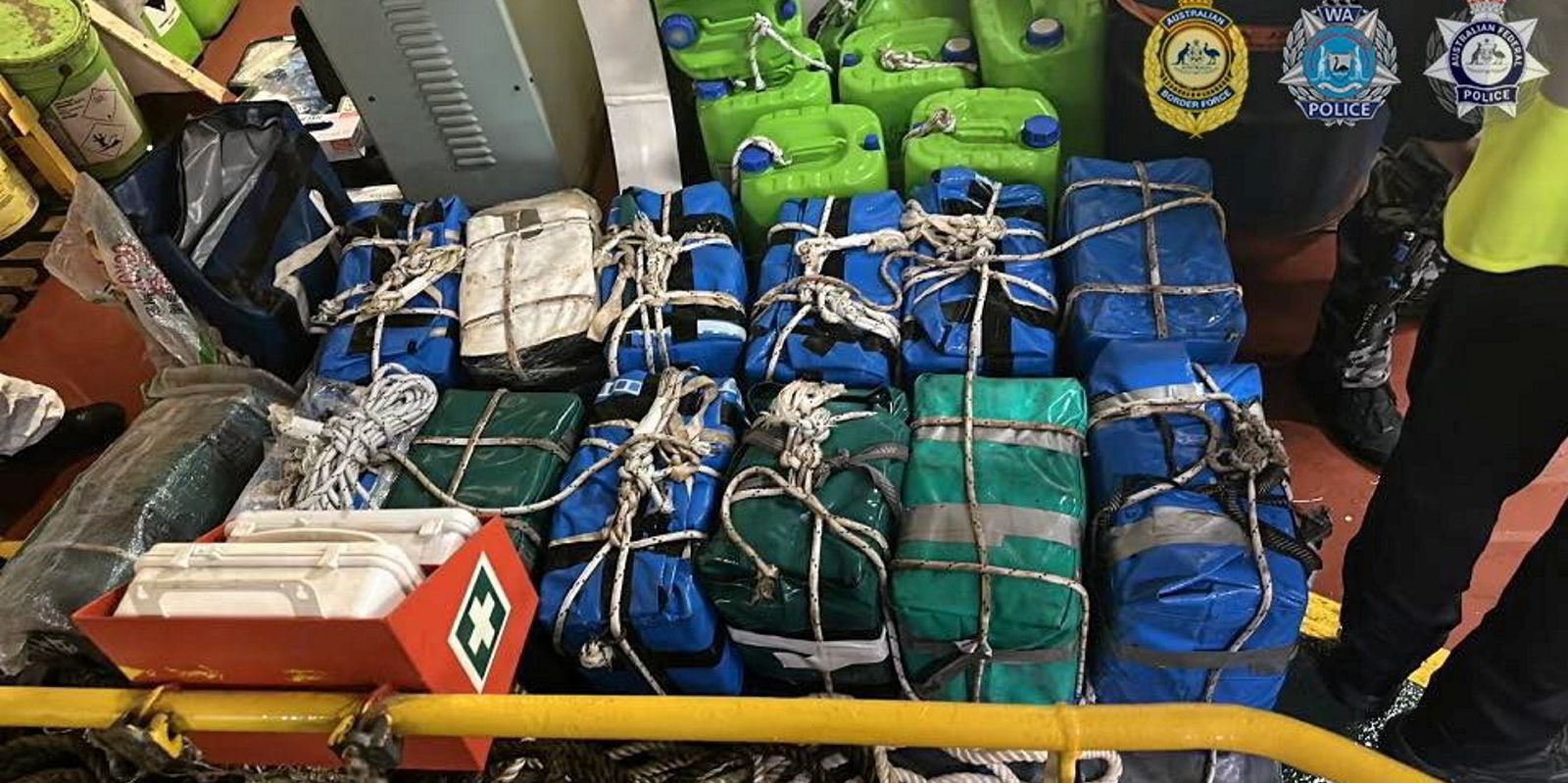A European port has been fully infiltrated by organised criminals to run their drugs operations, said the head of the European Union’s police intelligence body Europol.
The port, which was not identified by executive director Catherine De Bolle, follows a report by Europol earlier this year that warned of the creeping threat of corruption at the more than 300 ports in the EU.
The agency has worked at the key ports of Rotterdam, Antwerp and Hamburg to identify weaknesses in the system and warned that organised crime has spread from the biggest ports to softer targets. De Bolle identified concerns in Spain, Sweden and Germany, according to website Politico.
Europol said more than 90m containers are handled every year by the EU’s ports with only one in 10 from South American countries checked.
Crime gangs have learned how to adapt their tactics during the Covid-19 pandemic and shifted trade routes, according to an International Chamber of Shipping drugs report published in May.
“Rotterdam and Antwerp are very important for the criminal groups. But we see that the more we work in big harbours, there are also smaller harbours, like Hamburg, or harbours in Spain, that are very lucrative and interesting for the drug traffickers,” De Bolle told the Politico news site.
“We discovered a harbour where everyone was corrupted. If we abandon certain areas you can have really tricky situations where the criminals take over.”
She warned that drugs gangs were targeting the shipping industry, taking over computer systems and targeting police, courts and local government officials.
Europol reported an operation on Friday that seized cocaine found hidden in a cargo of bananas. The gang, said to be led by one of Spain’s biggest traffickers, had planned to retrieve the cocaine when it passed through the port of Algeciras, said Europol.
The ICS publication, Drug Trafficking and Drug Abuse On Board Ship, warned that cyber techniques are increasingly being used by criminals to identify and target security vulnerabilities in shipping companies.
ICS security expert John Stawpert last month cited the use of PIN code fraud, in which gangs illicitly gain the unique computerised codes for individual containers where drugs have been hidden, usually by paying large sums to corrupt staff at points on the long shipping supply chain.
The gangs use the details to track containers and then send their own drivers to collect the cargo from destination ports before retrieving the hidden contraband.





